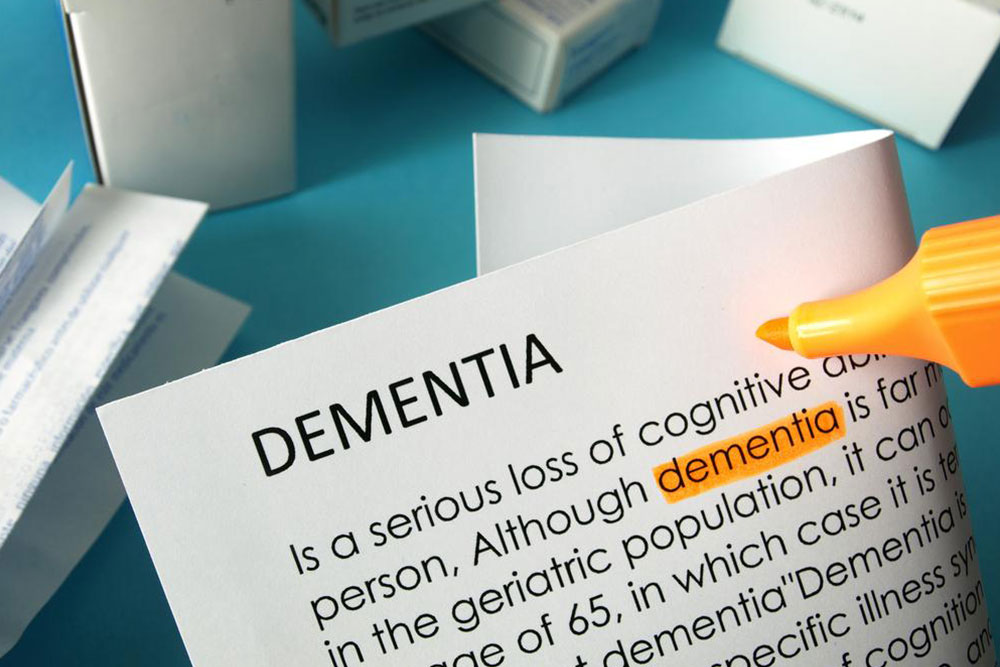Understanding the Progression of Alzheimer's Disease
Learn about the seven stages of Alzheimer's disease, from early memory lapses to severe impairment. This detailed guide covers symptoms, progression, and care needs, helping caregivers and patients understand what to expect and how to manage the disease effectively.

Progression of Alzheimer’s: The 7 Stages
Alzheimer’s disease is the most prevalent form of dementia, impacting memory, cognition, and behavior. It is a gradual condition that worsens over time, leading to extensive brain deterioration.
Signs and Symptoms
In early stages, symptoms are subtle, mainly involving forgetfulness. As the disease advances, memory lapses intensify, affecting daily routines. Patients may misplace items, forget names, or get lost in familiar places. They might struggle with recent events or conversations, and experience difficulty with language and decision-making. Over time, emotional changes such as agitation, depression, and mood swings may occur, alongside loss of interest in daily activities.
Typically affecting individuals over 65, early-onset Alzheimer’s can also affect younger adults. The disease unfolds through seven stages, from preclinical to severe impairment.
Stage 1 – Normal Behavior: No noticeable symptoms; only imaging tests reveal early brain changes.
Stage 2 – Very Mild: Minor memory issues, especially recalling recent events or misplaced objects.
Stage 3 – Mild: Memory problems deepen, language difficulties arise, and organizing tasks becomes hard.
Stage 4 – Moderate: Significant memory lapses, confusion with personal history, and trouble with daily planning.
Stage 5 – Moderately Severe: Assistance needed for daily activities, disorientation, personality changes.
Stage 6 – Severe: Recognizing faces becomes challenging, behavioral issues emerge, and dependence increases.
Stage 7 – Very Severe: Loss of speech, mobility, and organ functions, leading to death. The course varies per individual, often complicated by infections like pneumonia.
Note:
Each person experiences Alzheimer’s uniquely. Symptoms can differ, and complications such as infections often determine the prognosis more than the disease stage itself. Continuous care and medical support are essential at all stages.










